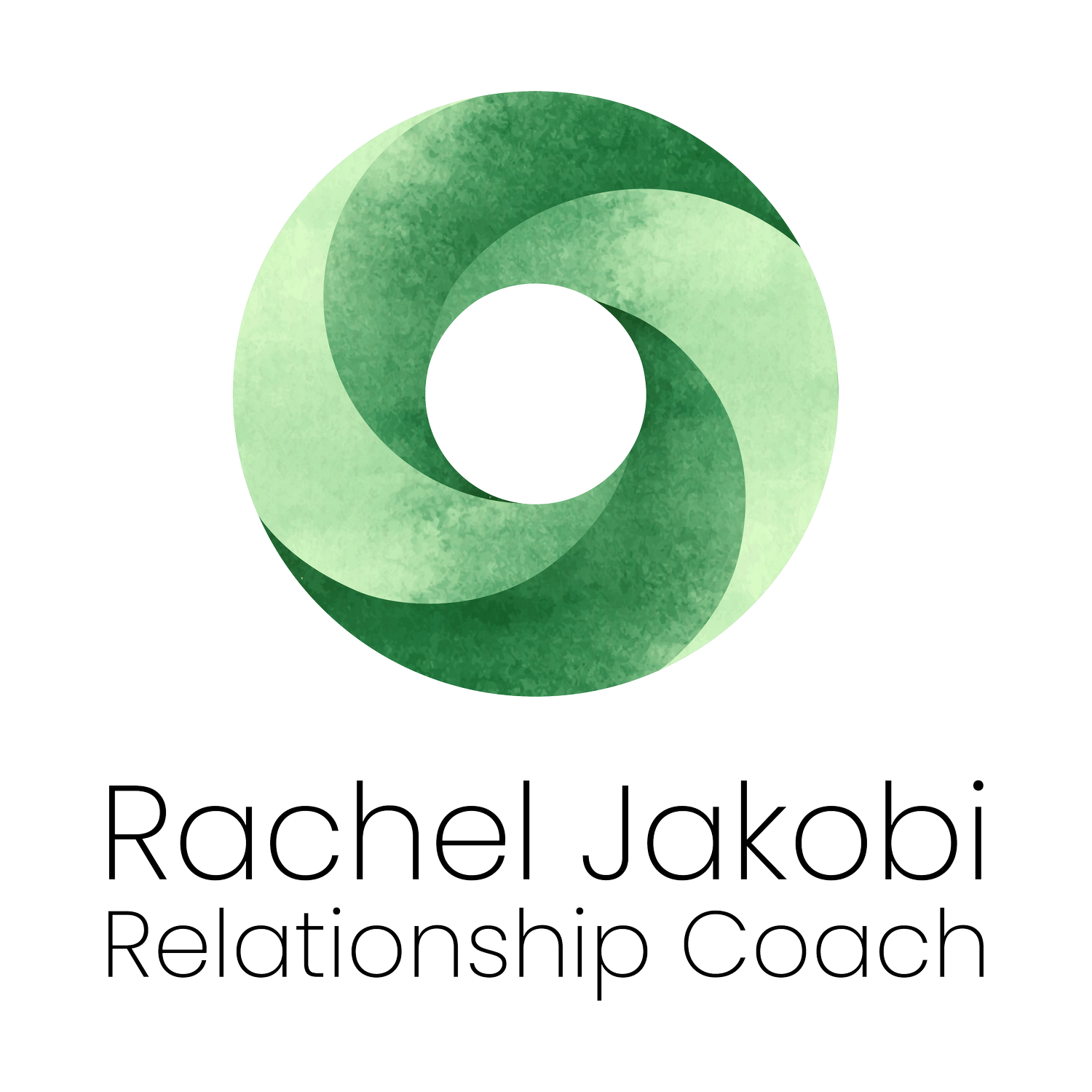There are two states we can be in – either stressed or relaxed. Conflict occurs in relationships when the stress response of one or both partners is activated.
Back in the day when our stress response evolved, our triggers were usually life threatening – lions, tigers and bears. (Oh my!) When the stress response activated all the available energy went into our arms and legs so we could fight the danger or run as fast as we possibly could away from it (we’ve all heard about the flight and fright response).
When we weren’t in this state, we were in our rest and repair or relaxation state, Chilling with our fellow tribesmen. Generally speaking, we were either highly stressed or very relaxed.
These days, although our stress triggers are less life threatening, they are more constant and frequent. Common triggers these days include careers, finances, global health pandemics, politics, and of course relationships. Unfortunately, our stress response hasn't caught up with our lifestyle changes and responds to all stress as though it were life threatening.
This means but even though it's not necessary, biologically speaking we still respond in the same way, although often to a slightly lesser degree. You may notice when you become stressed your breathing becomes shallow, you experience tension across your chest, your palms might get sweaty, and you may even feel sick in the stomach. This is because whilst the available energy is being diverted to your arms legs an upper body strength to fight the life-threatening danger, there's no energy going into your digestive system, immune health, and most significantly when it comes to relationships, you're higher thinking. This means you can't think logically and rationally, you become defensive, you start to attack, and you're unable to put yourself in someone else's shoes. Because if you had compassion for your predator, it's not going to end well.
Did you know that the stress response is triggered only by negative emotions? For example fear, anger, anxiety and depression, sadness, grief, jealousy, resentment, guilt etc. And if your unconscious mind perceives that your partner has been the trigger for such emotions, your mind perceives your partner as the danger. And this is where the conflict kicks in. Your thoughts will be coming from a place of attack or defence and in this state resolution is impossible. You will be thinking about how right you are and how wrong your partner is and will be stubbornly unresponsive to possible solutions.
In my practise I teach clients how to become aware of when they're triggered. This is really important because due to the fact that our stresses are not so life threatening and so much more frequent, we often become immune to it. By that I mean we don't notice it, it's just like white noise.
Once they’ve figured out that they’ve been triggered, it’s time to de-trigger and figure out what it was that triggered you. There are more obvious stresses like finance and ill health, but then there’s less obvious ones such as unmet needs and of course emotional baggage from the past that hasn’t been cleared and lies in waiting to be activated!
Once clients learn how to recognise that they've been triggered and what their triggers are I teach them a five-step process to deactivate their stress response and move back into rest and repair. It is only then that they can have the conversations that lead to resolution because they are finally able to see the situation from their partner's point of view.
If you feel like you your relationship would benefit from learning how to manage conflict more productively, I can teach you this process in just one session. Hit the contact me button now to secure your appointment.
Things to think about:
- What are my symptoms of stress – how do I know I’m stressed?
- What are my favourite and most effective ways of calming down?

